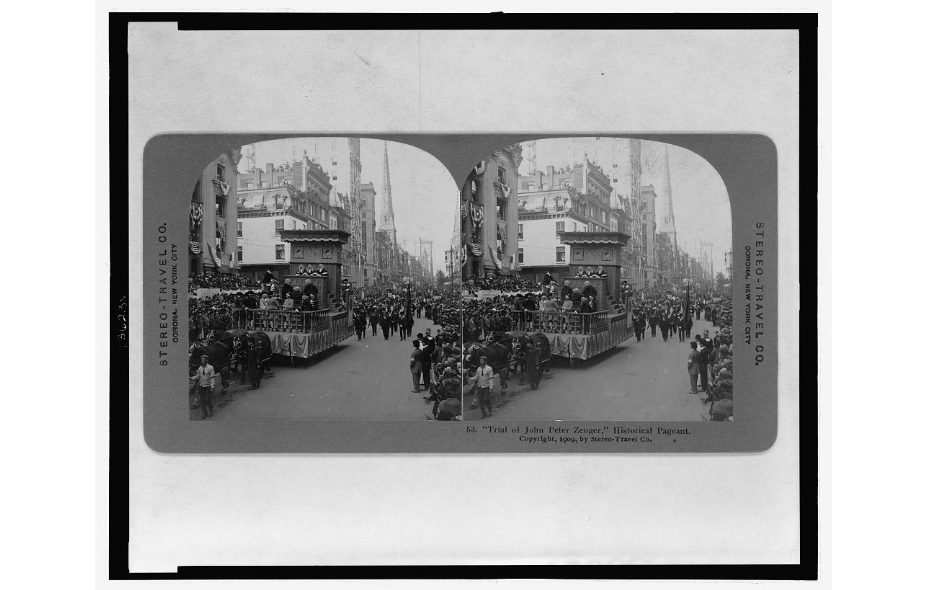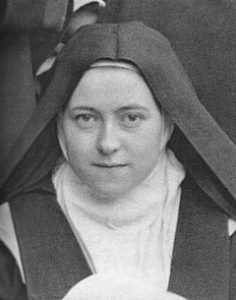When the news of the content of Zenger’s newspaper spread, Cosby was informed of the allegations being printed against him, and became outraged by these attacks. After two failed attempts to have Zenger indicted for seditious libel, Cosby ordered the town sheriff to deliver a court order requiring some of Zenger’s newspaper articles to be burned. The order read,
Whereas by an order of this Council some of John Peter Zenger’s journals, entitled The New York Weekly Journal, Nos. 7, 47, 48, 49, were ordered to be burned by the hands of the common hangman or whipper near the pillory in this city on Wednesday the 6th [1734] between the hours of 11 and 12 in the forenoon, as containing in them many things tending to sedition and faction, to bring His Majesty’s government into contempt, and to disturb the peace thereof, and containing in them likewise not only reflections upon His Excellency the Governor in particular, and the legislature in general, but also upon the most considerable persons in the most distinguished stations in this Province.1
Eleven days later, Cosby was finally able to have Zenger arrested for the charge of seditious libel. Zenger’s bail was set for eight hundred pounds, which is equivalent to $128,000 in American currency today. Cosby was hopeful the arrest would force Zenger to reveal his sources. Unfortunately for Cosby, Zenger remained silent and refused to reveal the true authors behind the articles he published. Unable to pay his bail, Zenger spent ninety days in jail until his trial date on August 4th, 1735.2

Originally, Zenger was going to be represented by fellow anti-Cosby supporters, James Alexander and William Smith Sr. Although their designated legal team did not remain in place as hoped, Justice James De Lancey, an ally of Cosby, had both Alexander and Smith Sr. disbarred.3 Fortunately for Zenger, he was able to be represented by the well-known American colonial lawyer Andrew Hamilton. He was born in Scotland, and came to the United States around 1700. Hamilton settled in Virginia and later in Philadelphia, where he practiced law. In 1717, he was appointed the attorney general of Pennsylvania. Hamilton served in the provincial assembly and was speaker of the house from 1727 to 1739. He was also responsible for choosing the site and general design of the Pennsylvania State House, later known as Independence Hall. Despite Hamilton’s impressive reputation, he became known for his work on the Zenger case. Hamilton’s unique approach and main defense for the case was in proving that the publications of articles with truthful content cannot be considered libelous.4

In Hamilton’s opening argument he stated, “I cannot think it proper for me to deny the Publication of a Complaint, which I think is the right of every freeborn subject to make when the matters so published can be supported with truth.”5 Hamilton went on by reiterating the difference between truth and false libel. He declared that libel must be both harmful and false. He explained to the jurors that if they found Zenger guilty of this charge, they would be implying that truth is a greater sin than lying. In a strong final statement, Hamilton argued, “[This case] is not the cause of one poor printer, of New York alone, which you are now trying. No!… It is the cause of liberty.”6 It was not long after the conclusion of the trial, that the jury returned with a not guilty verdict.7
The case against John Peter Zenger established more than just a precedent for the freedom of the press; it also proved that it is possible for people to fight against unjust rulers as well as fight for liberty. Zenger passed away forty-five years before the first amendment was ratified, instilling freedom of the press into the Constitution. Although he was not alive to witness the ratification of the Bill of Rights, he was one of the brave souls who helped begin the up hill battle that allowed Americans to receive these liberties.
- “Trial of John Peter Zenger for libel,” Trial Of John Peter Zenger For Libel (January 10, 2009): 80. MasterFILE Premier, EBSCOhost (21213343). ↵
- Vincent Buranelli, “Peter Zenger’s Editor,” American Quarterly, 7, no. 2 (1955): 5–9. ↵
- American National Biography (from Oxford University Press), 2010, s.v. “William Cosby,” by Robert E. Cray. ↵
- Funk & Wagnalls New World Encyclopedia, 2016, s.v. “Hamilton, Andrew.” ↵
- “Trial of John Peter Zenger for libel,” Trial Of John Peter Zenger For Libel (January 10, 2009): 80. MasterFILE Premier, EBSCOhost (21213343). ↵
- “Trial of John Peter Zenger for libel,” Trial Of John Peter Zenger For Libel (January 10, 2009): 80. MasterFILE Premier, EBSCOhost (21213343). ↵
- Harold L. Nelson, “Seditious Libel in Colonial America,” The American Journal of Legal History, 3, no. 2 (April 1959): 1. ↵



16 comments
Kimberly Rivera
This article was just as incredible as the part one! Not only was I able to learn about an important figure behind the creation of of the freedom of speech but I even got to see how powerfully Zenger was defended by Hamilton and how they stayed true to their resolution. I really liked the style of writing used in both parts and how clear every detail and event was protrayed.
Dejah Garcia
Awesome article ! I was never really familiar with John Peter Zenger. I think it is awesome how he was able to become a symbol for freedom towards the press! Overall, it sad that he was not able to witness the acceptance ( change) on the bill of rights. Overall, many people were inspired by his worked and bravery.
Travis Green
What a great and informative ending to the John Peter Zenger duology. It’s astonishing that this man isn’t more well known considering he’s an early champion of free speech and stood up for his write to speak out against corruption. He’s as much a founding father as any of the other ones because he stood up for a fundamental freedom of this nation before it was even a thing.
Seth Roen
Like I said early, I am surprised that Mr. Zenger is not considered a founding father or at least an influencer like the other enlightened figures that helped shape the Declaration of Independence. Since he helped pave the way to the right of Freedom of the Press that most now take for granted. A right that many countries and states still deny their citizens
Samuel Vega
I was not aware of John Peter Zenger and his role in laying the future for freedom of the press. The article was interesting with a cliffhanger between the two parts of the article. The background on Alexander Hamilton and how he defended Zenger gave insight into how Hamilton was a great debater. I liked this quote from the article “main defense for the case was in proving that the publications of articles with truthful content cannot be considered libelous.” I can see how this example set the stage for future liberties.
Sabrina Drouin
I loved how well written and clear this article is and I love how we got that resolution after the cliffhanger in part 1. It’s cool to think about how some of these freedoms in the Bill of Rights were basically inspired by situations like these. I liked how they were able to stand up to Cosby and the points that Hamilton made were powerful and awesome! Thanks for writing this article!
Bianca-Rhae Jacquez
Just as the first part this article is equally or maybe as excellently written. I loved how you emphasized the importance of what was at risk. Although Zenger was able to keep his silence but still showed how important fighting this injustice was for him. He put his freedoms on the line just for the rest of the people in the United States.
Hali Garcia
The writing of this article as well as the first part is just outstanding!!! I was captivated by the first paragraph. I expected that Cosby would not be particularly happy about what was said in the papers. I also knew that he would have wanted to stop and get rid of what was said about him. I am especially impressed by the arguments Andrew Hamilton made. Yes, there should be some rules if what the person says is false but if they are telling the truth they should be able to express their feelings.
Alyssa Vela
I read part 1 prior to reading this section and this is written just as well if not better! I loved how you were able to stress just how much was on the line, and Zenger still managed to keep his silence, it really emphasized how important fighting for injustice was for him. You did very well regarding detail, it showed just how much research was put into this. I look forward to reading more of your work, and thank you for sharing this information!
Steven Clinton
Interesting article. Zenger is a man derserving of respect. Zenger put is freedoms on the line to protect the freedoms of the men that he publish. Zenger went to jail for ninty days before his trail, can you imagine how distress he was? Overall I thought this article was well done. The pacing of the article was great and the details within in were even better. Good Job!